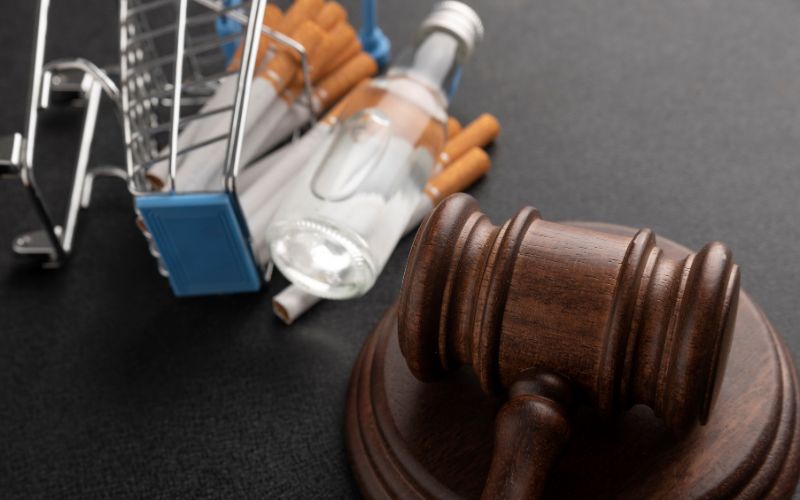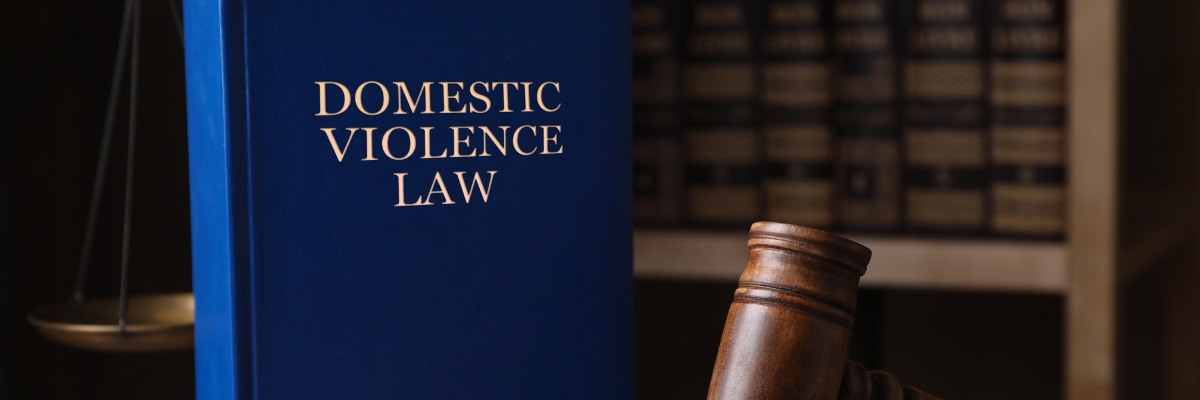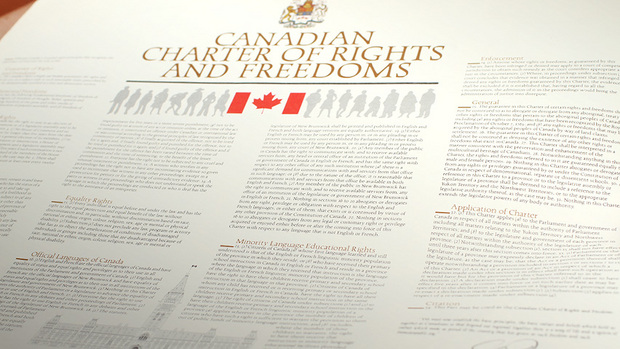What can happen if I’m caught Lying to the Police or the Court?
It is never a good idea to lie to the police or the Court. People in general do not appreciate being lied to, and the police and Judges are no exception. If you are caught lying to the police or the Court, do not expect any sympathy, even if you are the victim of a crime.
Misleading or lying to the police or the Court are very serious acts that could result in a number of criminal charges against you. The criminal offences that you could be charged with can be found in the part of the Criminal Code of Canada dealing with Misleading Justice.
What Criminal Offences can I be charged with?
Perjury – Perjury occurs when a person makes a false statement under oath or solemn affirmation, or makes a false statement by affidavit, solemn declaration or deposition. The person must know that the statement they make is false and they must intend to mislead.
You cannot be convicted if you made a false statement but you reasonably believed the statement to be true at the time you made it.
The false statement does not be made in court; making a false statement under oath to the police will constitute perjury.
Making a False Statement – Making a false statement occurs when a person, who is not authorized or required by law to make a statement, makes such a statement by affidavit, solemn declaration or deposition, knowing that the statement is false.
This section is similar perjury and creates a criminal offence for a person who makes a false statement under oath when they were not required or authorized to make a statement.
Unlike perjury, making a false statement does not specifically require that the Crown Attorney prove that a person intended to mislead, it is only necessary that the person knew the statement was false.
Witness Giving Contradictory Evidence – A witness gives contradictory evidence when he or she gives evidence at a judicial proceeding and then gives contradictory evidence at a judicial proceeding. The Crown Attorney must prove that the person giving contradictory evidence intended to mislead the Court. However, the Crown Attorney does not need to prove which of the contradictory evidence is false.
Fabricating Evidence – Fabricating evidence occurs when a person, who intends to mislead, fabricates anything which is intended to be used in a judicial proceeding. While this section of the Criminal Code does not define the term “anything”, presumably it can be interpreted as meaning anything that may be introduced as evidence in a judicial proceeding.
Obstructing Justice – Obstructing justice occurs when a person wilfully attempts to obstruct, pervert or defeat the course of justice. The term “course of justice” includes both existing and proposed judicial proceedings, as well as matters that are at the investigatory stage.
Public Mischief – Public mischief occurs when a person causes a police officer to begin or to continue an investigation with the intention to mislead the police officer. A person can mislead the police officer by (1) falsely accusing another person of committing a criminal offence, (2) causing suspicion to be diverted from that person or causing another person to be suspected of having committed the criminal offence (3) reporting that an offence has been committed when no offence has actually been committed, (4) causing the officer to believe a person has died when that person has not died.
A person can also be convicted of attempting to commit public mischief. The person can be convicted even where the officer did not believe the person and did not commence an investigation or was not misled.
Punishment
Crimes involving misleading justice are taken very seriously and can attract jail sentences. For example, it is not uncommon for a sentence for perjury to range from 9 months to 2 years. In cases involving public mischief where individuals have made false allegations of criminal offence, our courts have imposed penalties ranging from a fine to a jail sentence.
Contact
Lying to the police or lying to the Court can result in very serious criminal charges that carry significant penalties. Contact me immediately if you have be charged with any of the offences listed above.













